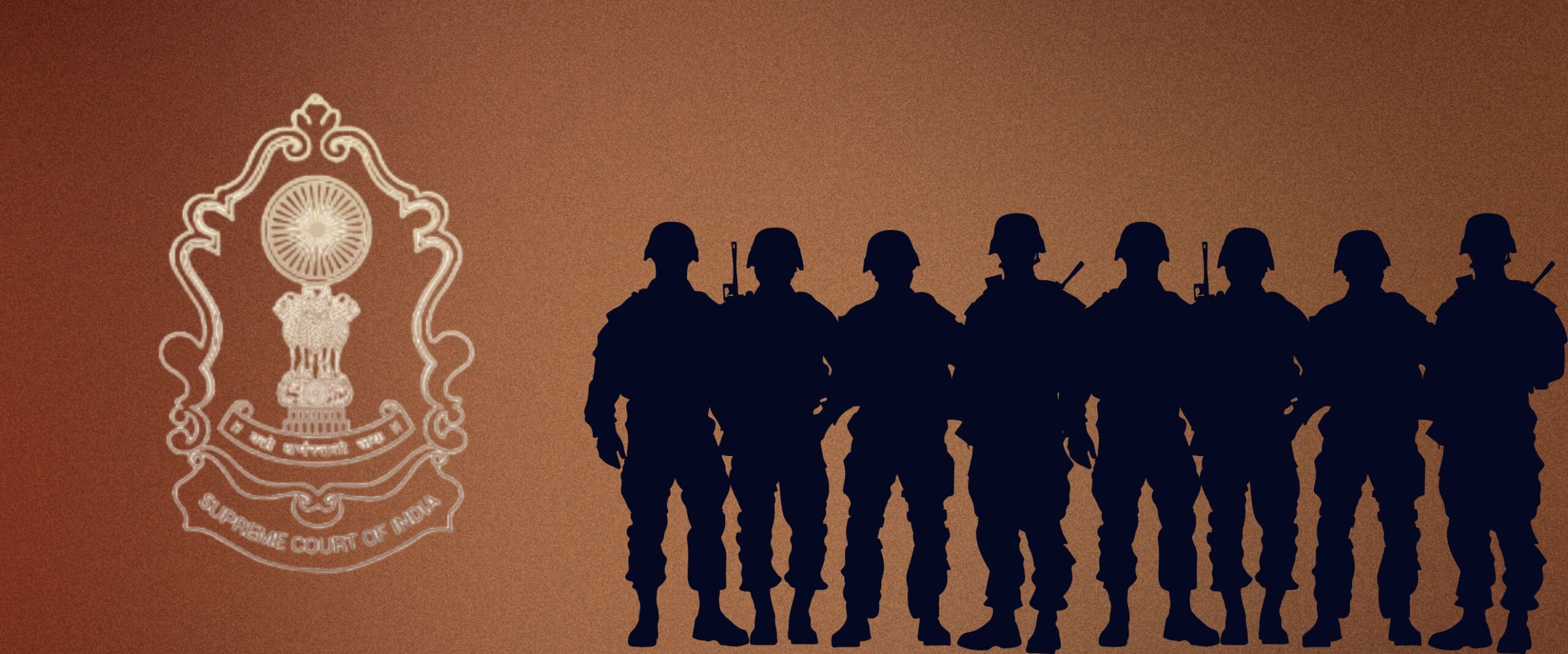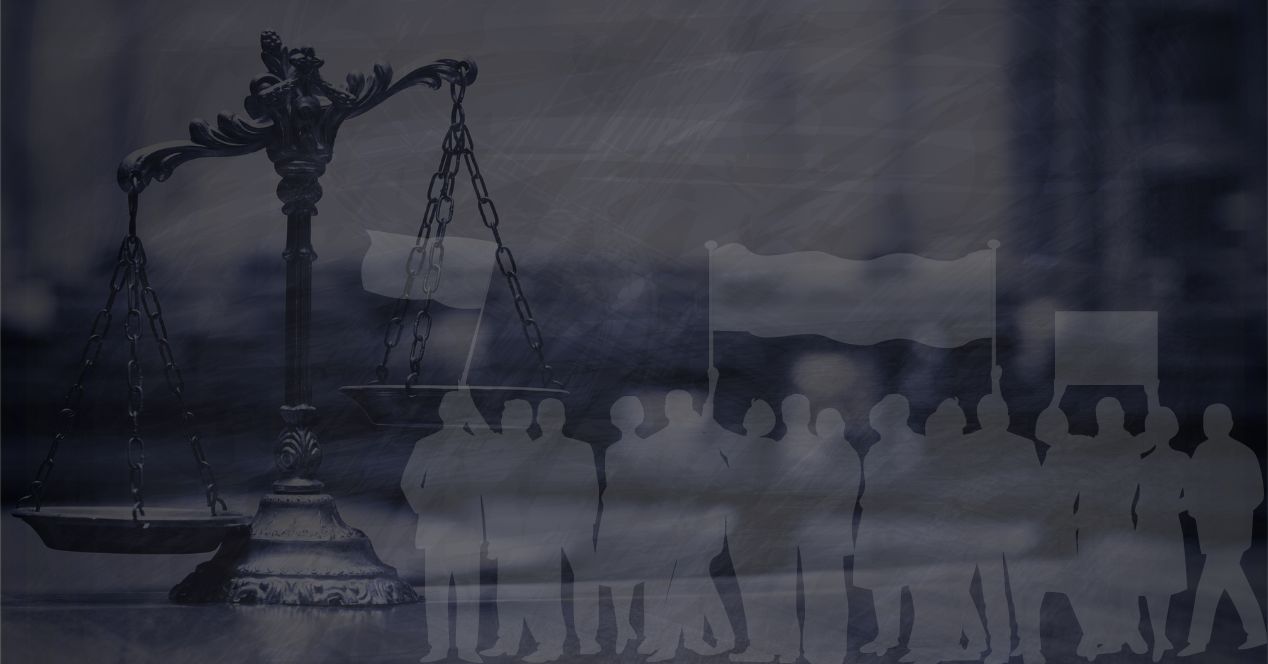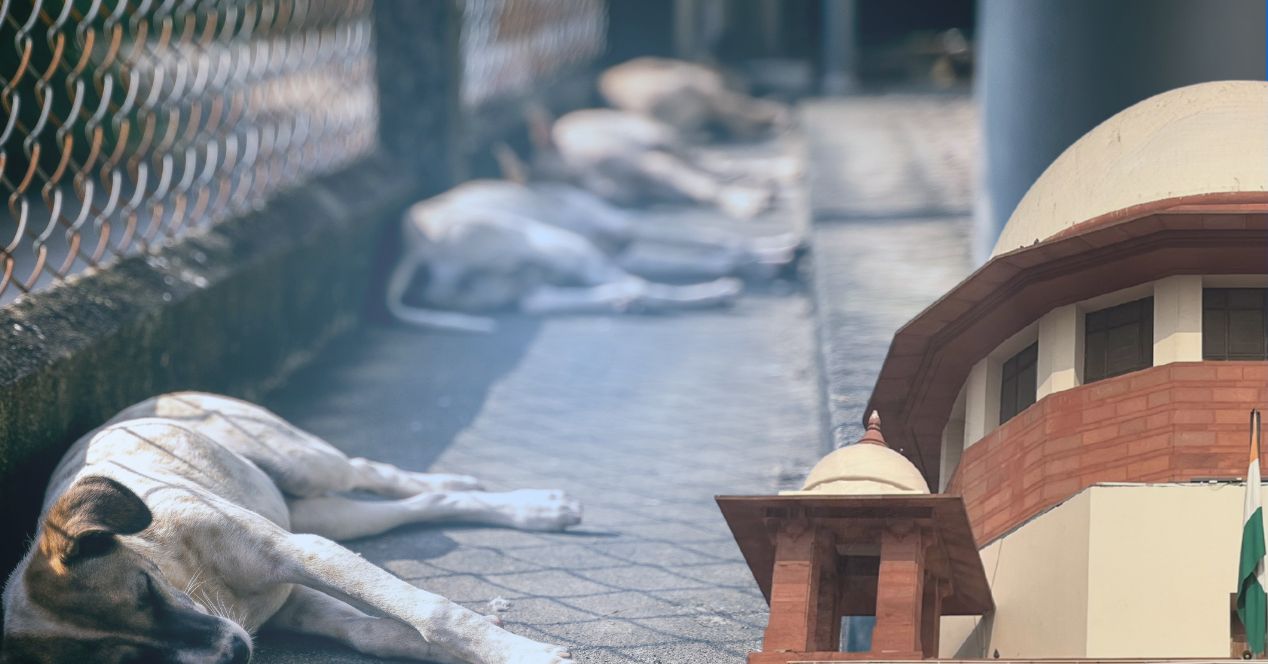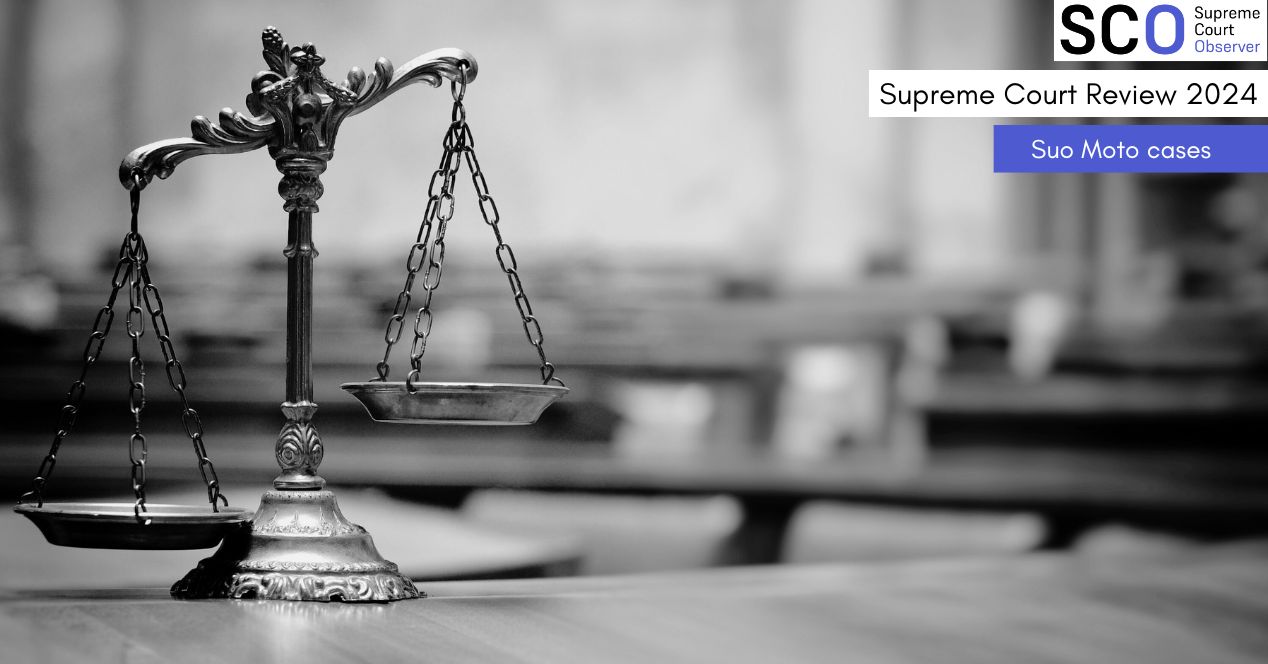Analysis
Will the Supreme Court’s intervention bring relief to cadets disabled during training?
The Court took up the case suo moto and urged the Union to look for ways to ensure better care, compensation and insurance for cadets

On 18 August, the Union government agreed before the Supreme Court to consider suggestions to alleviate the suffering and rehabilitate military cadets who were left disabled during their training. A Bench of Justices B.V. Nagarathna and R. Mahadevan heard the suo moto case.
The Court’s suo moto cognisance
Justice Nagarathna took notice of a reported story in the Indian Express titled “Mounting medical bills, nowhere to go: Braveheart cadets disabled in military training struggle in shadows.” The story by Amrita Nayak Dutta was published in the Delhi edition of The Indian Express on 12 August. It enumerated instances of cadets injured and disabled in military training across the country since 1985 and described how they were ignored by the system after they were medically discharged from military institutes.
Justice Nagarathna (along with Justice K.V. Viswanathan) sought Chief Justice B.R. Gavai’s permission to treat it as a suo moto writ petition. Immediately after, the matter was listed before Justice Nagarathna’s Bench.
Court: Treat it as a non-adversarial case
During the hearing, the Bench sought Union’s cooperation to treat this as a non-adversarial case and do the needful to address the concerns raised by stakeholders.
The judges pointed out that the report estimated about 500 officer cadets who have suffered varying degrees of disability during their training at the National Defence Academy and the Indian Military Academy. At the NDA alone, the Indian Express reported that there were around 20 such cadets who were medically discharged between 2021 and July 2025.
The Bench observed that since the cadets are not recognised as ex-servicemen (ESM), they are ineligible for free treatment under the Ex-Servicemen Contributory Health Scheme, despite having suffered disabilities during training before commissioning.
Further, the Bench noted that, unlike soldiers who are entitled to ESM status, these cadets only get an ex gratia payment of up to ₹ 40000 per month, depending on the extent of disability. This amount falls far short of their basic needs, with medical expenses alone costing, on average, nearly ₹ 50000 per month.
The Indian Express reported that, after years of waiting in vain for assistance, the cadets’ hopes now rest on a renewed government push for relief—one that has itself been mired in red tape for over a year. The Bench took note of this and observed that although the Defence Minister approved a proposal last year to increase the ex gratia in such cases, the file remained stuck between the Defence and Finance Ministries.
Easing hardships
During the hearing on Monday, the Bench examined several possibilities to ease the hardships of medically boarded-out cadets. It asked the Union whether the monthly medical expenditure payable to them could be increased and whether trainee cadets could be covered under an insurance scheme to address contingencies of death or disability.
It also enquired whether re-assessment after treatment could allow for suitable rehabilitation training. Further, the judges directed the Union to examine the cadets’ rights under the Rights of Persons with Disabilities Act, 2016.
To this end, the Bench issued notices to the Ministry of Defence, Department of Expenditure (Ministry of Finance), Department of Employment of Persons with Disabilities (Ministry of Social Justice) and the Chiefs of Defence Army, Naval and Air Staff.
The case of Vickrant Raj
The Indian Express story describes the plight of a 26-year-old cadet named Vickrant Raj from Chandigarh. Raj had suffered a severe head injury at the NDA that led to a brain haemorrhage and a six-month coma.
His mother told the Indian Express that today, he struggles with basic chores, walking and has slurred speech. She said that ESM status, treatment at private hospitals and the cost of physiotherapy leave families burdened with hefty medical bills.
The Bench specifically mentioned Raj during the hearing and sought a response from the Union on assistance for him and his family. Additional Solicitor General Aishwarya Bhati assured that a reply would be filed by 4 September 2025.
The Bench suggested that the counsel who appeared for their respective disabled cadets give their written suggestions to Bhati through email.
Bench emphasises the Union’s obligations
The Bench appeared keen on substantially enhancing the ex gratia compensation for lifelong care. It also stressed the need for measures to absorb medical costs, provide reasonable compensation, ensure robust health insurance and strengthen safety mechanisms during training.
The Indian Express quoted a senior retired Army officer, who said the cadets had joined the defence forces with dreams of becoming officers and fighter pilots. Instead, accidents during training left them paralysed, brain-damaged, or otherwise severely disabled, with lifelong scars and inadequate benefits.
During the hearing on Monday, the Bench, through its suo moto cognisance, underlined the Union’s responsibility to take prompt and concrete steps to address the cadets’ grievances and alleviate their suffering.




